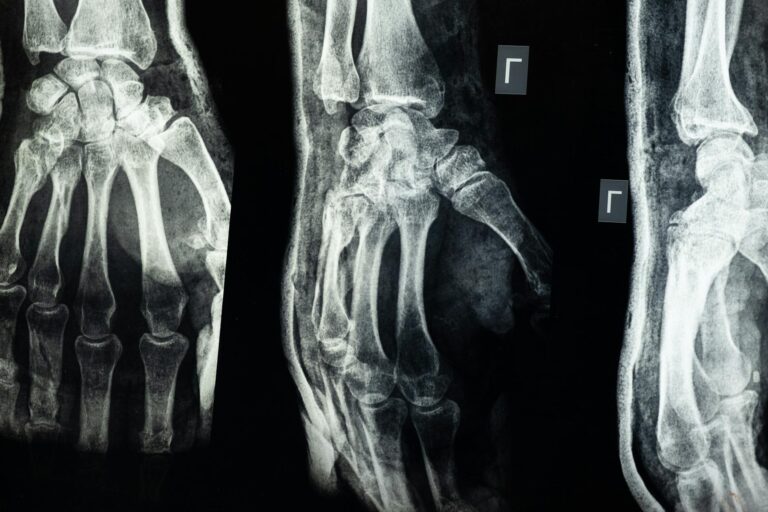Dementia is a condition that affects the brain, causing memory loss, confusion, and difficulty with everyday tasks. As the disease progresses, individuals with dementia may have trouble remembering to take their medications on time. This can be a serious issue as missing doses or taking them at the wrong time can lead to worsening symptoms and complications. In order to properly manage dementia medications, it is important to set up reminders to help individuals stay on track with their treatment plan.
The first step in setting up reminders for dementia medication management is to create a medication schedule. This can be done with the help of a healthcare provider or caregiver. The schedule should include the names of all medications, the dosage, and the time(s) they need to be taken.
Once the schedule is established, it is important to find a reminder system that works best for the individual. This can vary depending on factors such as their level of cognitive impairment and their daily routine. Below are some effective reminder methods that can be used for dementia medication management.
1. Pill Organizers: These are containers with separate compartments for each day of the week and multiple times a day. This can be helpful for both the individual and their caregiver, as it ensures that the correct medication is taken at the right time.
2. Alarms: Setting alarms on a phone, watch, or clock can serve as a helpful reminder for individuals to take their medications. It is important to choose a sound that is easily recognizable and not too loud or startling.
3. Mobile Apps: There are various medication reminder apps available that can be downloaded on smartphones or tablets. These apps can alert individuals when it’s time to take their medication and also keep track of their medication schedule.
4. Visual Cues: Placing visual cues, such as sticky notes or pictures, in prominent places can serve as a helpful reminder for individuals with dementia. For example, a note on the fridge reminding them to take their evening medication can be beneficial.
5. Caregiver Support: For individuals with more advanced dementia, a caregiver can play a crucial role in medication management. Caregivers can provide verbal reminders, assist with opening medication containers, and physically hand the medication to the individual.
It is important to be consistent with the chosen reminder method and to regularly check for missed doses. If an individual consistently forgets to take their medication even with reminders, it may be necessary to involve their healthcare provider to adjust the dosage or change the medication schedule.
In addition to setting up reminders, there are other steps that can be taken to help with dementia medication management:
1. Simplify Medication Regimen: As dementia progresses, it can become difficult for individuals to manage multiple medications at different times. It may be beneficial to talk to a healthcare provider about simplifying the medication regimen by combining doses or switching to long-acting medications.
2. Keep Medications Organized: It is important to keep all medications in a designated location and to regularly check for expired or discontinued medications. This can help prevent confusion and ensure that the correct medication is being taken at the right time.
3. Involve Family Members: Family members can play a crucial role in helping with medication management for an individual with dementia. They can provide support and assistance with setting up reminders and keeping track of medications.
4. Educate Yourself: It is important for caregivers and family members to educate themselves about the medications being taken by the individual with dementia. This can help them understand the purpose of each medication and any potential side effects.
Managing medications for an individual with dementia can be challenging, but with the right tools and support, it can be made easier. Setting up reminders and implementing a consistent routine can greatly improve medication adherence and overall health outcomes for those with dementia. It is important to regularly review and adjust the reminder system as needed, and involve healthcare providers when necessary. By being proactive and organized, individuals with dementia can successfully manage their medications and improve their quality of life.





